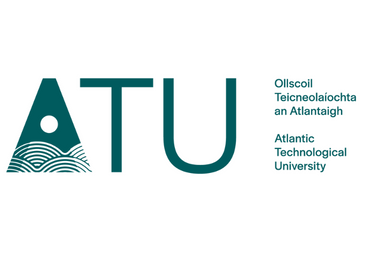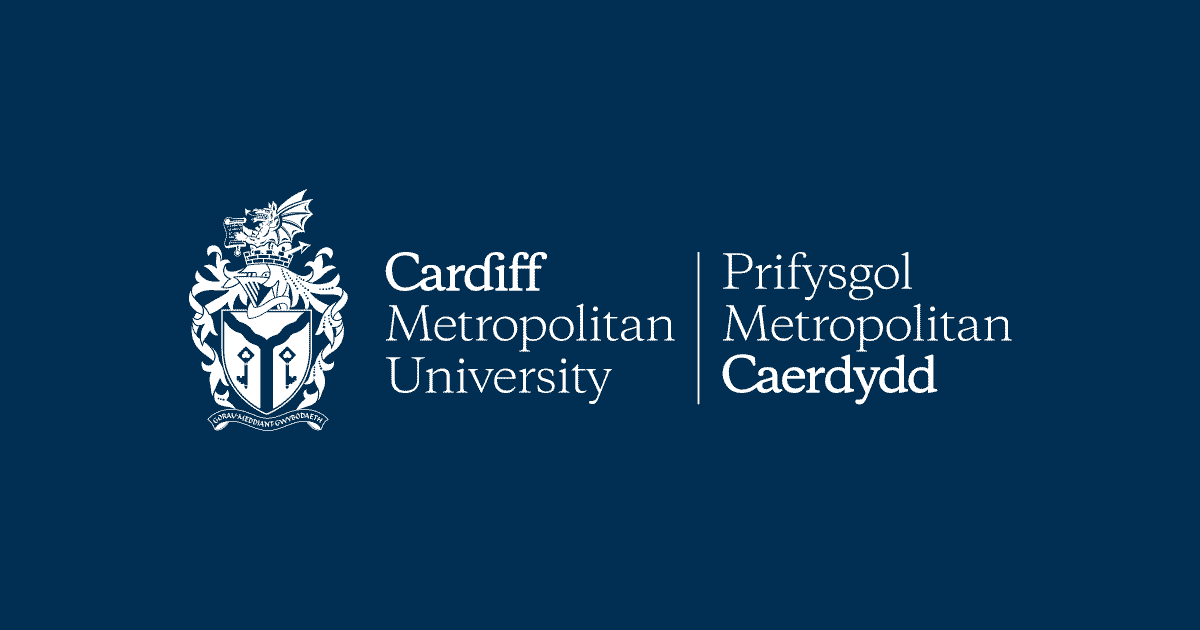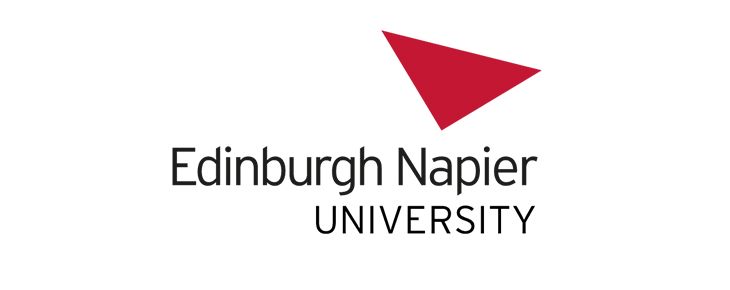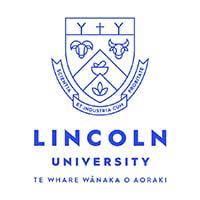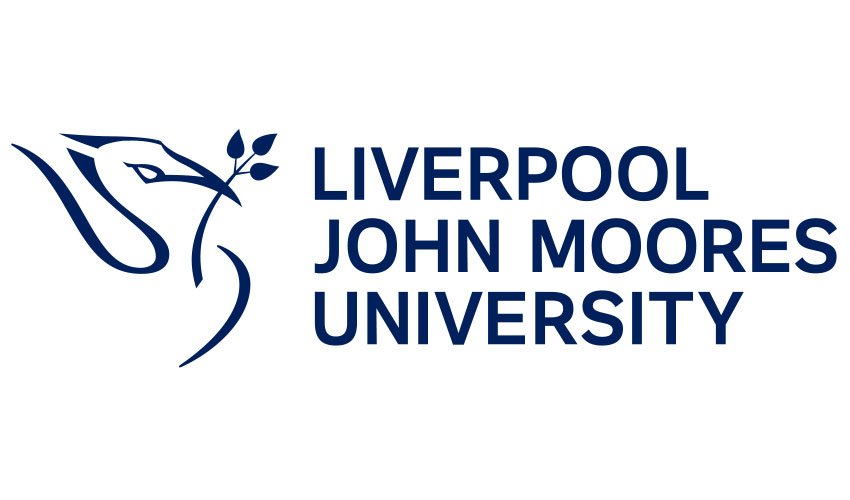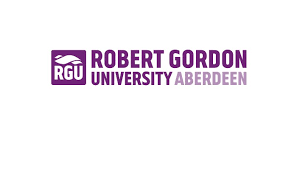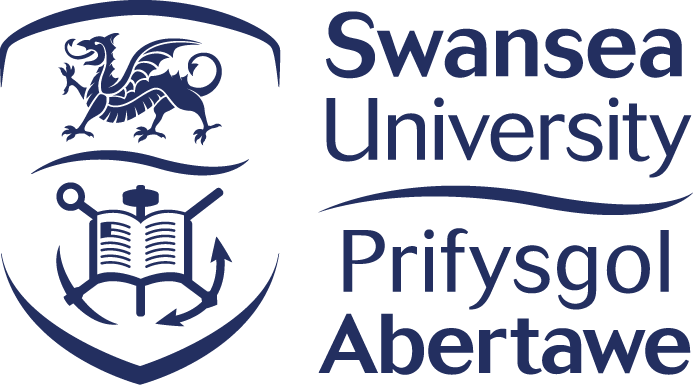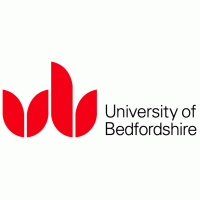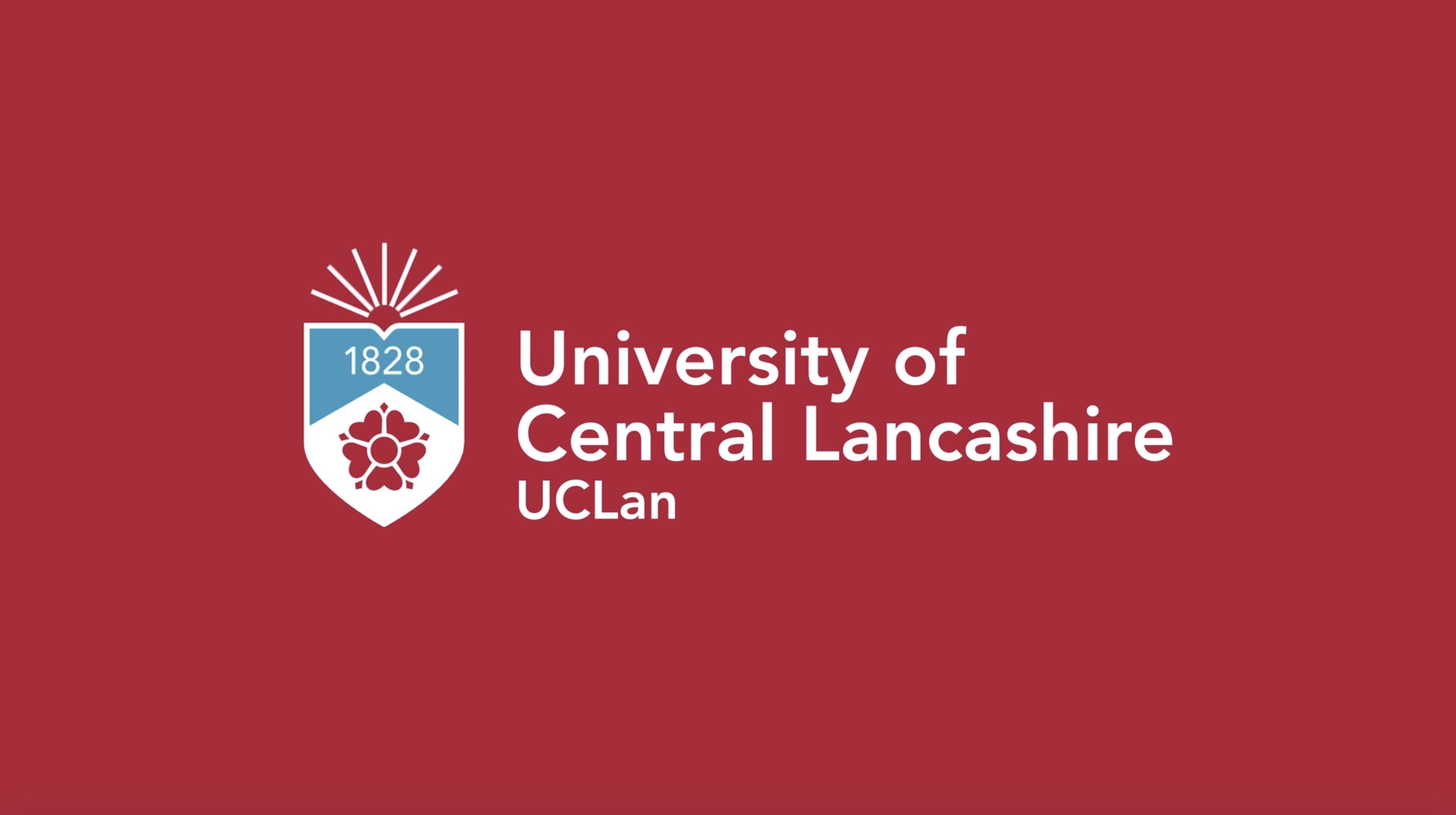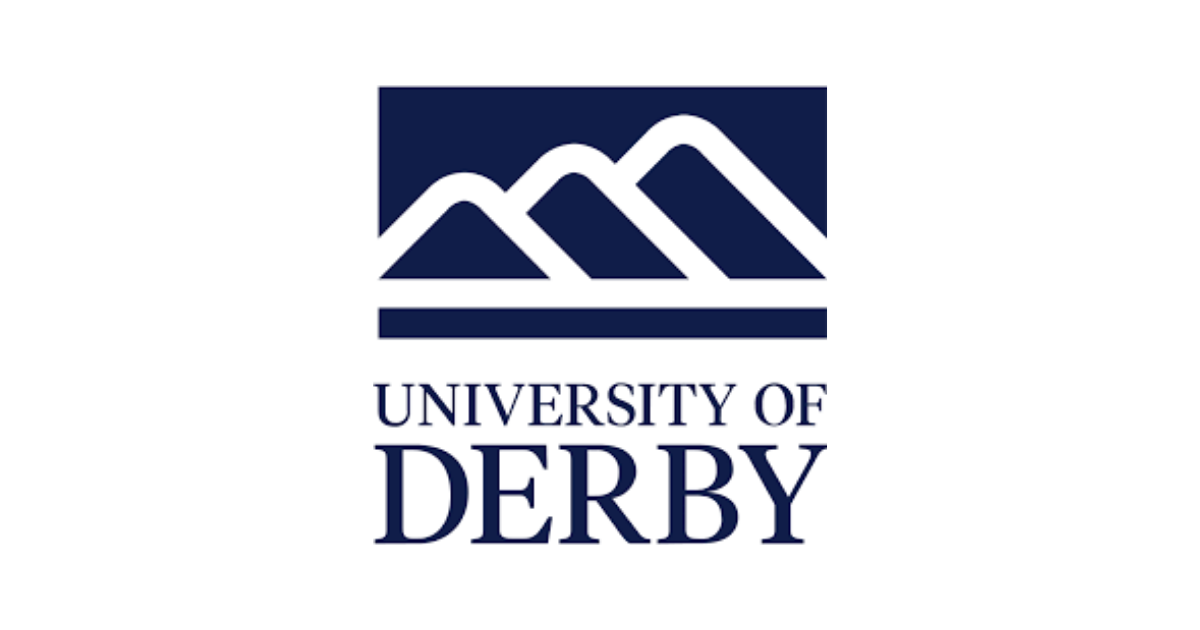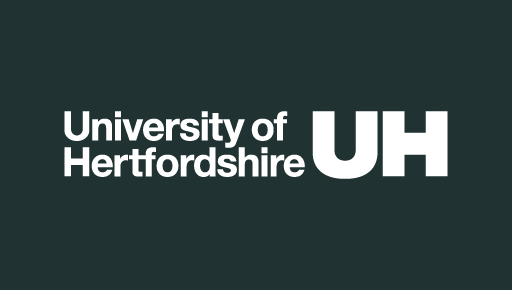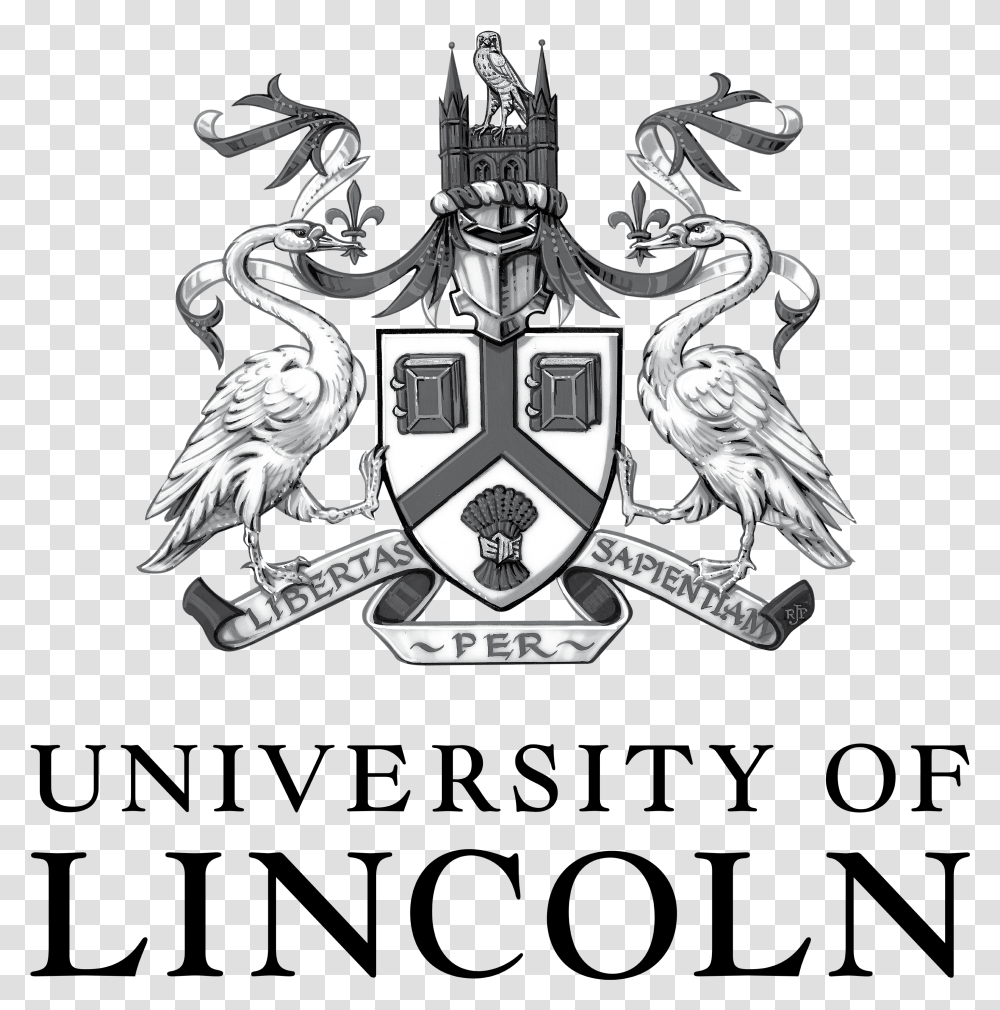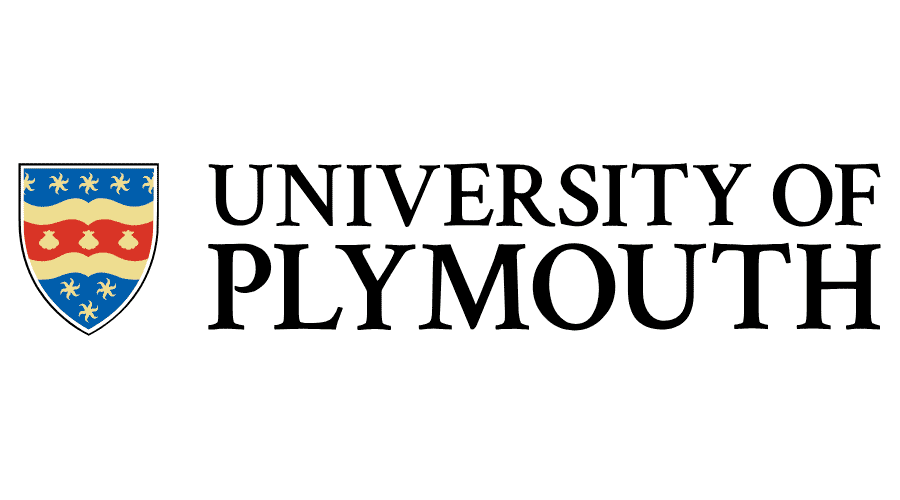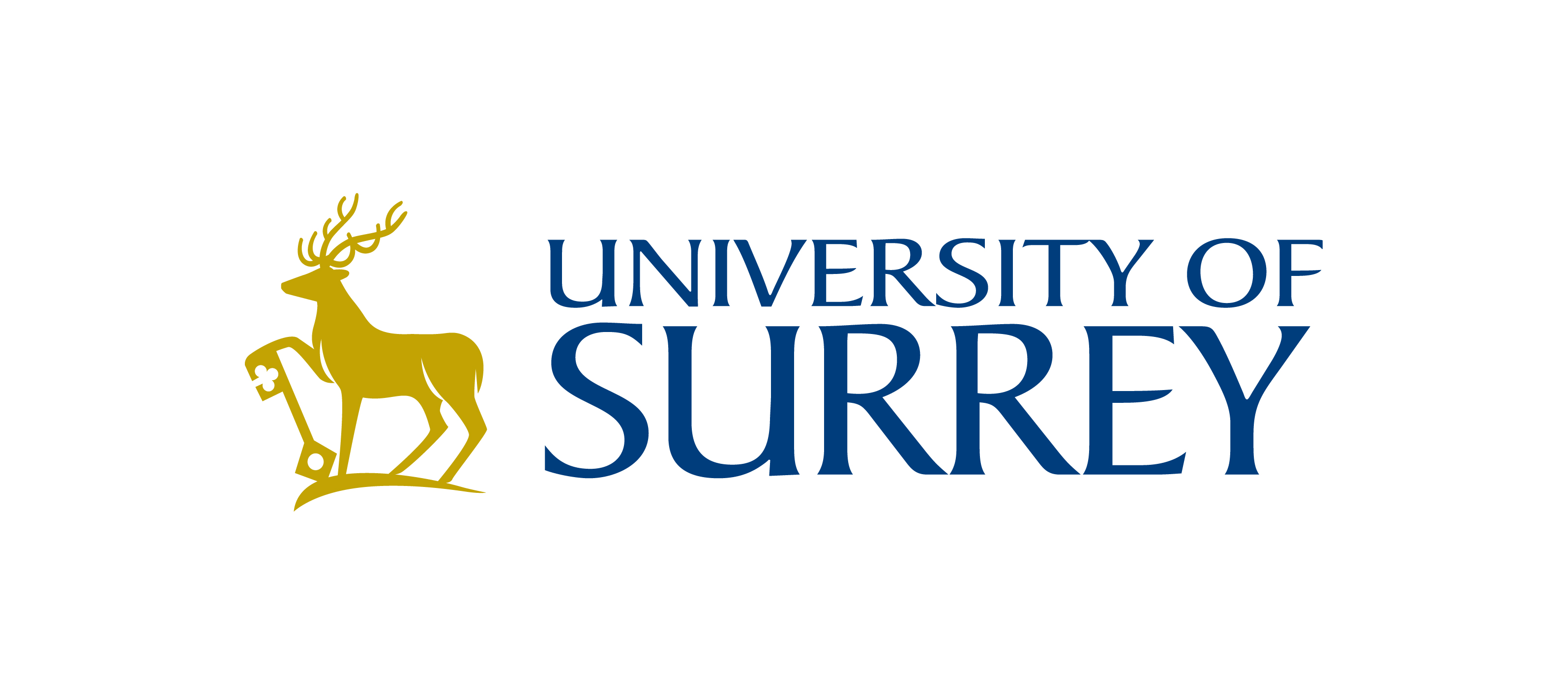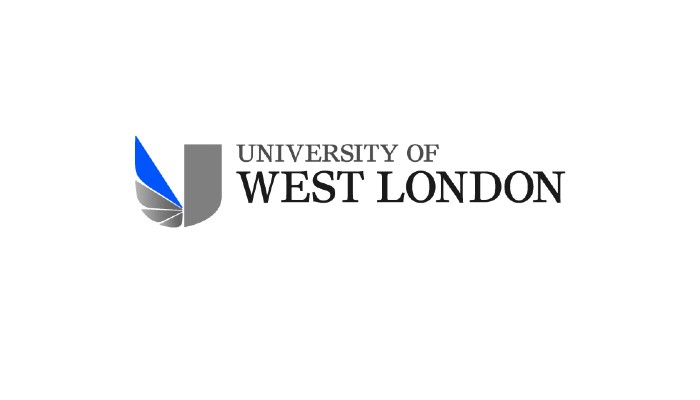International Tourism Management
Embark on a Global Journey with International Tourism Management
If you're an Indian student passionate about travel, culture, and business, the International Tourism Management course is your gateway to a dynamic career in one of the world's fastest-growing industries. Tourism contributes significantly to global economies, and with India's booming travel sector—projected to reach $512 billion by 2028—this program equips you with the skills to manage international destinations, hospitality operations, and sustainable tourism practices. Studying abroad in this field allows you to gain hands-on experience in multicultural environments, network with global professionals, and understand diverse markets, including those in Europe, Australia, and North America.
This course typically spans 3-4 years for a bachelor's degree or 1-2 years for a master's, offered by top universities worldwide. It blends business acumen with tourism-specific knowledge, preparing you to handle everything from event planning to eco-tourism strategies. For Indian students, it's an excellent choice due to the increasing demand for skilled managers in India's inbound tourism and international hospitality chains like Taj Hotels expanding globally.
Why Choose International Tourism Management?
- High Demand Globally: The tourism industry employs over 300 million people worldwide, with a 5-7% annual growth rate. Post-pandemic recovery has created urgent needs for innovative managers.
- Cultural Exposure: Learn about international customs, languages, and sustainable practices, enhancing your adaptability—crucial for Indian students aiming to work abroad or in multinational firms.
- Lucrative Salaries: Entry-level roles offer INR 5-10 lakhs annually in India, while abroad, starting salaries range from AUD 50,000-70,000 in Australia or GBP 25,000-35,000 in the UK.
- Sustainable Focus: Courses emphasize eco-friendly tourism, aligning with global goals like UN Sustainable Development, appealing to environmentally conscious Indian youth.
- Scholarship Opportunities: Many programs offer scholarships for international students, including Indians, such as the UK's Chevening or Australia's Endeavour Awards, covering up to 100% tuition.
Course Structure and Curriculum
The curriculum is designed to provide a holistic education, combining theoretical knowledge with practical training. Most programs include internships, field trips, and industry projects to simulate real-world scenarios. Here's a breakdown of core modules:
| Year/Semester | Key Modules | Focus Areas |
|---|---|---|
| Year 1: Foundations | Introduction to Tourism Industry, Business Management Basics, Cultural Studies | Understanding global tourism trends, basic economics, and cross-cultural communication—vital for Indian students navigating Western business etiquette. |
| Year 2: Core Skills | Hospitality Operations, Marketing for Tourism, Event Management | Practical skills in hotel management, digital marketing strategies, and organizing international events, with case studies from destinations like Dubai and Bali. |
| Year 3: Advanced Topics | Sustainable Tourism, International Law & Ethics, Revenue Management | Exploring eco-tourism in places like Costa Rica, legal aspects of global travel, and financial strategies for tourism businesses. |
| Year 4: Specialization & Project | Electives (e.g., Adventure Tourism, Luxury Travel), Capstone Project, Internship | Hands-on projects, such as developing a tourism plan for Indian heritage sites, and 6-12 month internships with companies like Marriott or TUI. |
For master's programs, the focus shifts to strategic management, research methods, and leadership, often including a dissertation on topics like "Impact of Digital Nomads on Emerging Markets" or "Post-COVID Tourism Recovery in Asia." Indian students benefit from modules on Asian tourism dynamics, bridging their home knowledge with international perspectives.
Eligibility and Entry Requirements for Indian Students
Admission is competitive but accessible for motivated Indian applicants. Standard requirements include:
- Academic Qualifications: For bachelor's, 10+2 with 60-70% aggregate (Commerce/Arts preferred). For master's, a bachelor's degree in any field with 55-60% marks.
- English Proficiency: IELTS (6.0-7.0 overall) or TOEFL (80-100). Many universities offer pathway programs if scores are slightly lower.
- Entrance Exams: Some programs require GMAT/GRE for master's; however, tourism-specific courses often waive this.
- Documents Needed: Statement of Purpose (SOP) highlighting your interest in tourism (e.g., passion for India's diverse festivals), Letters of Recommendation, Resume, and Portfolio (if applicable, like travel blogs).
- Visa Essentials: Student visa requires proof of funds (e.g., AUD 24,505 for Australia), health insurance, and Genuine Temporary Entrant (GTE) statement. Indian students should prepare for interviews emphasizing career goals in tourism.
Tuition fees range from INR 10-25 lakhs per year, but scholarships like the DAAD in Germany or Fulbright in the USA can reduce costs significantly. Part-time work (up to 20 hours/week) in hospitality is allowed, helping cover living expenses.
Top Universities Offering International Tourism Management
Choose from renowned institutions known for their industry ties and alumni success:
- Switzerland - Glion Institute of Higher Education: World-class hospitality focus; 100% placement rate; fees around CHF 30,000/year.
- Australia - Griffith University: Strong on sustainable tourism; scholarships for Indians up to AUD 10,000; Gold Coast campus with beachside learning.
- UK - University of Surrey: Ranked top 10 globally; modules on UK-India tourism links; post-study work visa up to 2 years.
- USA - New York University (NYU): Urban tourism emphasis; internships in NYC; optional practical training (OPT) for 1 year.
- Netherlands - Breda University of Applied Sciences: Affordable (EUR 8,000/year for non-EU); EU work opportunities post-graduation.
These universities often have partnerships with Indian institutions like IIMs for exchange programs, easing the transition for students from cities like Mumbai or Delhi.
Career Opportunities and Prospects
Graduates are in high demand across sectors. The course opens doors to roles that combine creativity, travel, and business:
- Tourism Manager: Oversee operations at resorts or agencies; average salary INR 8-15 lakhs in India, higher abroad.
- Event Planner: Organize conferences or cultural festivals; ideal for leveraging India's event expertise globally.
- Sustainable Tourism Consultant: Advise on green initiatives; growing field with NGOs like WWF hiring internationals.
- Hotel Operations Director: Manage luxury chains; paths to executive roles in brands like Oberoi or Hilton.
- Digital Marketer for Travel: Promote destinations via social media; freelance opportunities for Indian startups.
In India, returnees can join the Ministry of Tourism or companies like MakeMyTrip. Abroad, post-study work visas (e.g., Australia's 2-4 years) lead to permanent residency. The industry's resilience ensures job security, with 80% of graduates employed within 6 months.
Benefits for Indian Students Studying Abroad
Transform Your Perspective: Away from the familiar chaos of Indian cities, you'll appreciate structured global systems while bringing vibrancy to international teams. The course fosters independence, from budgeting trips to negotiating in foreign languages—skills that shine in interviews.
Networking Edge: Connect with peers from 100+ countries, building a global LinkedIn network. Indian students often excel in group projects on diverse topics like "Ayurveda Tourism."
Financial Planning Tips: Save on education loans from banks like SBI (interest rates 8-10%). Living costs vary: GBP 1,000/month in the UK vs. EUR 800 in Europe. Prioritize countries with Indian diaspora for community support, like the UK’s 1.5 million Indians.
Cultural Adaptation: Expect differences in work culture—more emphasis on work-life balance abroad. Join Indian student societies for festivals like Diwali, easing homesickness.
How to Get Started: Application Process
- Research Programs: Use sites like QS Rankings or Studyportals to shortlist 5-7 universities.
- Prepare Documents: Draft SOP (500-1000 words) focusing on your tourism passion, e.g., volunteering at Indian heritage sites.
- Apply Online: Deadlines: September intake (apply by June), January (by October). Fees: INR 5,000-10,000 per application.
- Secure Funding: Apply for scholarships early; check university websites for India-specific aid.
- Visa Application: After offer letter, apply via VFS Global; processing time 4-8 weeks.
- Pre-Departure: Attend webinars on cultural orientation; pack essentials like adapters for Indian appliances.
With dedication, International Tourism Management can turn your wanderlust into a rewarding profession. Start your application today and step into a world of opportunities!

